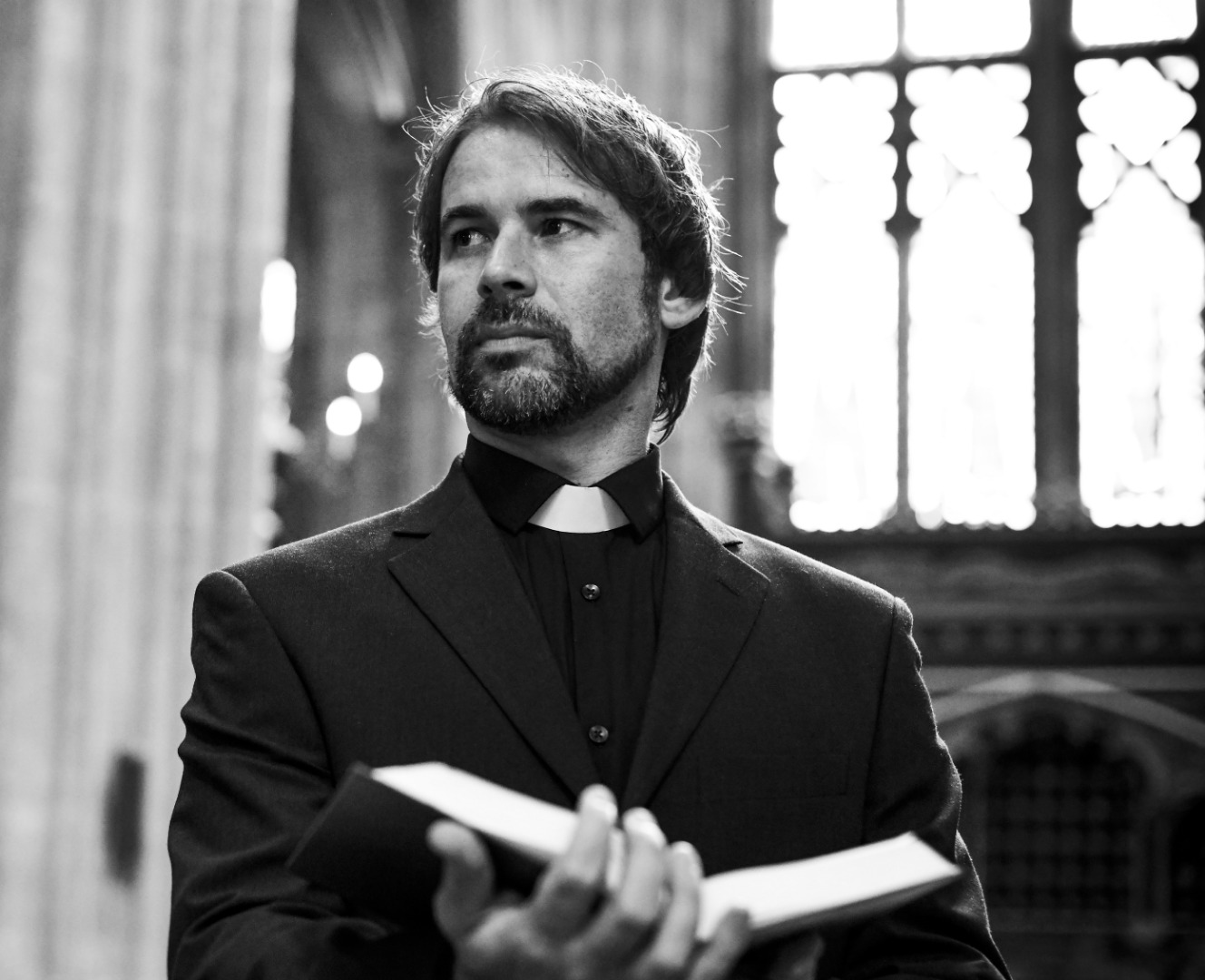 During the early 20th century, evangelical pastors held elaborate crusades on the sawdust trail to preach their biblical message to the masses. Billy Sunday, Billy Graham and Oral Roberts were just a few of the many preachers who traveled across the heartland, preaching in tents they often pitched themselves, hoping to change the hearts and minds of America one speech at a time. While images of the heartland travels of the revivalists have firmly rooted themselves in the American consciousness, evangelism did not begin there. It has a storied history.
During the early 20th century, evangelical pastors held elaborate crusades on the sawdust trail to preach their biblical message to the masses. Billy Sunday, Billy Graham and Oral Roberts were just a few of the many preachers who traveled across the heartland, preaching in tents they often pitched themselves, hoping to change the hearts and minds of America one speech at a time. While images of the heartland travels of the revivalists have firmly rooted themselves in the American consciousness, evangelism did not begin there. It has a storied history.
Biblically, it probably began in Jesus’ time. In the Gospel of Luke, Jesus sent out the 12 disciples to the towns to preach the gospel. The Apostles Peter and Paul both won souls to Christianity during their own ministries. Philip, John, Barnabas, and Mark were all missionaries who traveled around preaching the gospel to Gentiles and Jews.
Many of the core events in Christian history revolve around evangelism. The First Great Awakening of the 1700s, where Americans gained a renewed interest in religion, changed American culture and Christianity. The First Awakening, which occurred in the 1720s, brought many colonists back to faith with more theatrical preaching and after many had left the church. Many educational institutions were born out of this movement, including Princeton University and what would become Dartmouth College.
How Do Today’s Americans View Evangelism?
The debate over evangelism has almost always been divisive. During the Great Awakening, In New England alone, there were 98 schisms (splits) of churches. One group, the New Lights, supported revival, while the other, Old Lights, saw the Great Awakening as a threat to church order. During the 1900s, many feared the tent revivalists would diminish the power of local churches.
Evangelism’s popularity has ebbed and flowed throughout history. The Barna Group recently released new findings that show how contemporary Americans view evangelism. The report, titled “Reviving Evangelism,” offers insight that Christians should think about.
According to the report, most Christians (of all generations) believe that sharing their faith is part of being a Christian. A good majority of Christians also feel equipped and gifted to share their faith, and that they know how to respond when someone questions their faith.
However, almost half of Millennials (47 percent) believe that it is wrong to evangelize. In comparison, Gen X (27 percent), Baby Boomers (19 percent) and Elders (20 percent) were much less likely to feel it is wrong to share one’s faith in the hopes of converting someone else to evangelicism. How you interpret those findings probably depends on your thoughts on evangelism-- and Millennials. Are Millennials a generation afraid to stand up for their beliefs? Or are they considerate, happy to believe privately but not wanting to insert their beliefs in situations where they are unwanted and unappreciated? Or both?
How Do You Share Faith in Today’s Society?
All of this might present a problem for those who feel called to evangelize. David Kinnaman, president of Barna Group, believes that evangelism “is difficult in a world of ‘you do you’ and ‘don’t criticize anyone’s life choices’”. It’s true: in an increasingly connected world, many people seem to simply desire being left alone.
For those who are called to share their faith, this can present a problem. How does one evangelize when people don’t want to hear it?
With the tide turning against unsolicited proselytizing, and the insular Millennial generation becoming the largest voting-age generation, it’s tough to say. The tide may swing back. But for now, perhaps evangelical Christians, and anyone else seeking to convert, should instead do good in their communities, help the needy, and prove the power of their words through deeds. Share your faith while respecting the will of others. Those seeking to convert will find you.
Add Your Comment